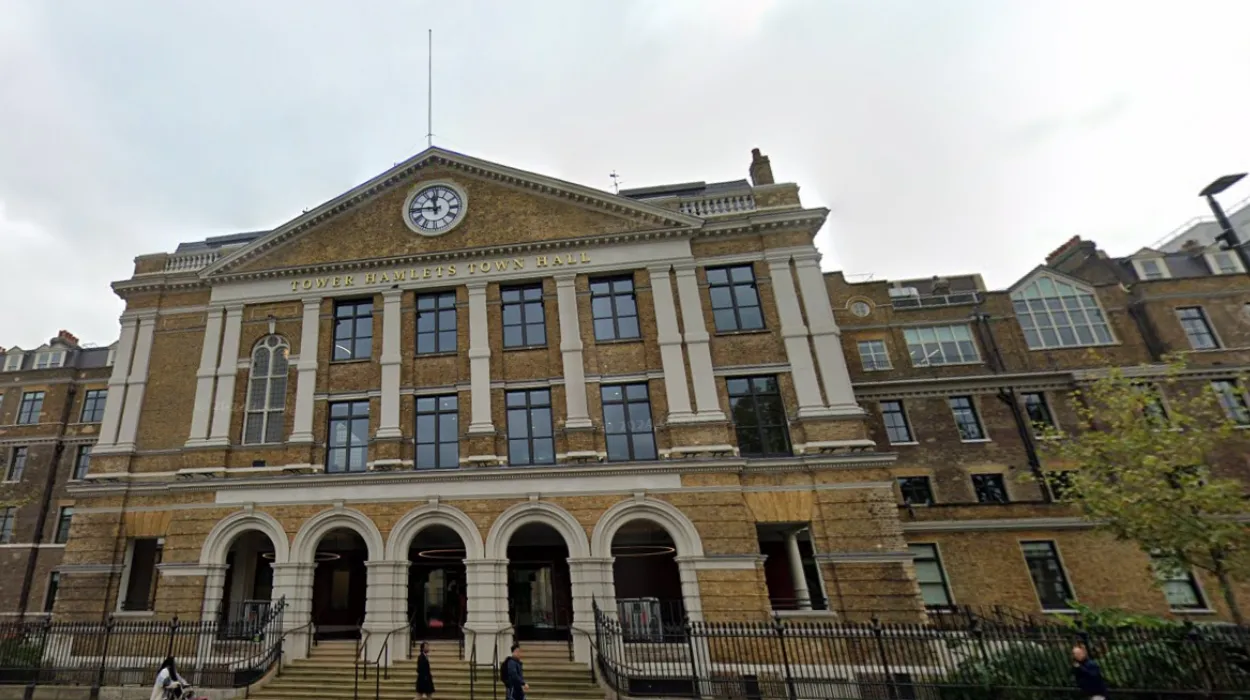Key Points:
- The Court of Appeal has upheld the legality of Tower Hamlet’s homelessness database.
- The ruling confirms the council’s use of the database in managing and recording homelessness cases.
- The decision addresses challenges regarding data protection, privacy, and legality raised against the database.
- The court ruled the database use complies with UK law and data protection regulations.
- The ruling follows earlier criticisms and legal scrutiny of Tower Hamlet Council’s practice from advocacy groups and some residents.
- The decision may influence similar homelessness data management practices across the UK.
- The Local council and legal representatives have welcomed the judgment as a clear legal endorsement.
- Privacy advocates continue to raise concerns about data security and the ethical implications of such databases.
- The case reflects broader tensions between local government housing duties and individual privacy rights.
What Did the Court of Appeal Decide Regarding Tower Hamlet’s Homelessness Database?
As reported by the BBC and other reputable news outlets on 1 August 2025, the Court of Appeal has ruled in favour of Tower Hamlet Council, upholding the legality of their homelessness database. This database is used by the council to manage records related to homelessness applications and cases.
- Key Points:
- What Did the Court of Appeal Decide Regarding Tower Hamlet’s Homelessness Database?
- Who Challenged the Database, and What Were Their Concerns?
- How Did the Council Respond to the Court’s Judgment?
- What Are the Implications of This Decision for Other UK Councils?
- What Are the Arguments of Privacy Advocates Following the Ruling?
- What Broader Issues Does This Case Reflect About Homelessness and Data Use in the UK?
The appeal court rejected legal challenges that had argued the database infringed data protection laws and individuals’ privacy rights. The judges affirmed that the council’s practices comply with UK data protection legislation, including the UK GDPR and the Data Protection Act 2018. The ruling confirms that the council lawfully collects, processes, and shares data necessary to fulfil its statutory duties around homelessness support and prevention.
This decision comes after protracted scrutiny from advocacy groups and some community members who expressed concerns over potential misuse or overreach in how personal data was handled within the database.
Who Challenged the Database, and What Were Their Concerns?
As detailed in coverage by The Guardian and other media, the legal challenge was brought by a coalition of privacy advocates and homeless rights organisations. They contended that the database undermined individuals’ privacy, lacked sufficient transparency, and posed risks of data breaches or unjust profiling.
Critics also argued that certain uses of the data could lead to discriminatory practices or exclude vulnerable people from accessing support. They demanded stricter controls and oversight over how the council manages sensitive information relating to homelessness.
However, Tower Hamlet Council maintained that the database is a critical tool in efficiently coordinating resources and ensuring legal compliance with the Homelessness Reduction Act 2017. They stressed that robust safeguards are in place to protect data privacy and security.
How Did the Council Respond to the Court’s Judgment?
In a statement following the ruling, a spokesperson for Tower Hamlet Council said:
“We welcome the Court of Appeal’s judgment which confirms that our homelessness database operates fully within the law. This tool enables us to provide vital assistance to people facing homelessness while maintaining the highest standards of data protection. We remain committed to transparency and ensuring the privacy of individuals who use our services.”
Legal representatives for the council also pointed out that the ruling provides clarity for local authorities across England, reinforcing the ability to use digital tools and databases responsibly to address homelessness challenges.
What Are the Implications of This Decision for Other UK Councils?
The Court of Appeal’s ruling sets an important precedent for other local authorities using or considering the use of similar data systems in homelessness management. It underscores that such databases can be lawful and compliant provided they are used with statutory authority and adhere strictly to data protection principles.
According to legal analysis published in Law Gazette and explained by data privacy experts, the judgment may give councils confidence to adopt or maintain digital case management systems. However, it also highlights the necessity of continuous vigilance over data security practices and transparent communication with affected individuals.
What Are the Arguments of Privacy Advocates Following the Ruling?
Despite the legal affirmation, privacy campaigners remain cautious. As quoted from Privacy International’s recent commentary:
“While this ruling recognises the council’s legal authority, it does not erase the serious concerns about the potential for surveillance and misuse of sensitive information. We urge local authorities to engage in wider consultations and implement independent oversight to ensure data rights are respected in practice.”
Further, some advocates call for increased funding towards supporting those experiencing homelessness directly, rather than investing heavily in data infrastructure.
What Broader Issues Does This Case Reflect About Homelessness and Data Use in the UK?
The Tower Hamlet case touches on the evolving interface between public service delivery and personal data governance. With growing pressures on UK councils to manage homelessness effectively, digital databases offer operational benefits but also raise questions on privacy, consent, and ethical data handling.
As explained by social policy experts in recent policy briefs, balancing the need to provide timely support while protecting individual rights remains a critical challenge. This court ruling clarifies legal boundaries but opens the door for ongoing public debate on best practices.



